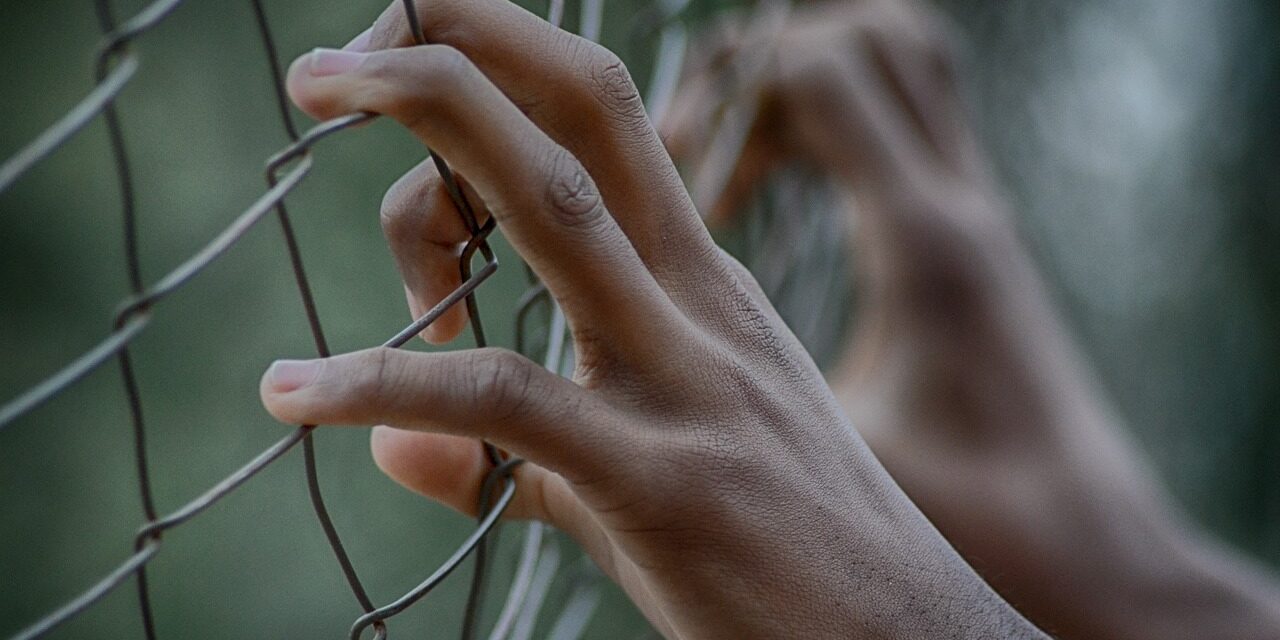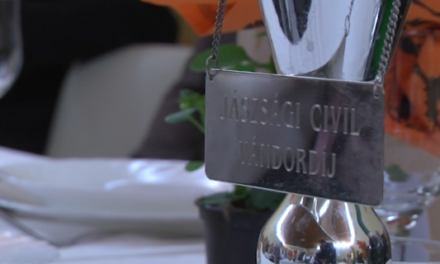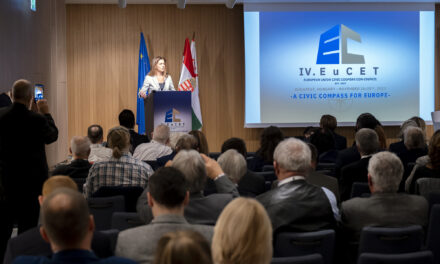This year, the Mécses Charity Service, which has been providing prison pastoral services since 1991, made the Christmas of about 900 inmates more intimate. The head of the Charity Service, Gabriella Tarján, a volunteer and a former prison chaplain, spoke about the Christmas mail order and the mail service.
The Mécses Szeretetszolgált Hungarian Prison Pastoral Society was founded in 1991 as a non-profit support professional organization that undertakes the spiritual care and aftercare of inmates in domestic prisons. Their company represents the so-called Mécses spirituality: it organizes, brings together, and coordinates the voluntary work of its members, to which people who would like to be active in one of their services are expected to join.
***
Gabriella Tarján, head of the Mécses Charity Service, fell into the world of prison pastoral care seven years ago while looking for volunteer service. He recalled that he suddenly came across a Christmas parcel delivery campaign in which parcels could be sent to prisoners. As he put it, "he found the opportunity interesting, in which it was really special that he had to write a personal message to an inmate, to whom no one otherwise wished a Merry Christmas that year."
"I thought it would be easy, but when I got down to it, it turned out that it wasn't at all.
I had to step out of my comfort zone to be able to write something nice to a stranger.
Later, the service asked me if I would like to continue the correspondence. I went in and it all sucked me in. What we imagine about it is completely different and it is different when you develop a personal relationship with someone who is on the fringes of society. Later, when it seemed that there was no one to continue this mission as a leader, then - after much thought - I finally accepted it. Thus, I have been the head of the charity service for more than three years," he told Mandiner.
Gabriella Tarján also noted that
their volunteers usually correspond with long-term or even life-sentenced prisoners.
"They are the ones that no one usually visits anymore, they have lost all contact with the outside world. In addition, there are also examples of someone who has only been in prison for a few years, but still wants to correspond and prepare for a new start after release. Every relationship is different, with different challenges. Our oldest correspondent has been in contact with the same person for 23 years," he listed.
Correspondence can become a deep spiritual work
The head of the Charity Service also said that
these relationships are life-changing for both volunteers and inmates.
"In addition, they provide assistance in ensuring that the convict is not completely cut off from the outside world until his release, and that he will be able to fit in a little easier when he is released," he underlined.
"During the correspondence, those who undertake the service get a glimpse into a life that they might not have imagined before. All of this is reflected in our value judgment and world view. Of course, we hear about touching changes from the prisoners' side as well," he explained.
More than 70 prisoners are waiting for a pen pal
The head of the volunteer service also shared with our paper that their volunteers currently correspond with about 130 inmates, but they still have more than 70 inmate applicants who "thirst for connection".
the introductory letters of the prisoners at the beginning of the waiting list have been waiting for a reply from a pen pal for at least half a year.
"A human word, a turning around can save a life, even in this form. We are in great need of volunteers, but this is a very responsible and dedicated service and touches few people. And we can't even get to many of them. That's why we take every opportunity to recruit," he emphasized.
Gabriella Tarján also added to what has been said so far that
during the prison pastoral service we meet our humanity.
You don't have to prepare to correspond with a criminal. We must be aware that criminals are often extremely unfortunate people. If we get to know their life path, meet their love, their openness towards us, their humanity, it can be very, very touching. In the majority of cases, it is not necessary to process what kind of crimes they have committed, which most often make them feel guilty. Accompanying them on this journey is both a beautiful and trying task," he stated.
The entire article can be read on Mandine!
Featured Image: Pixabay












